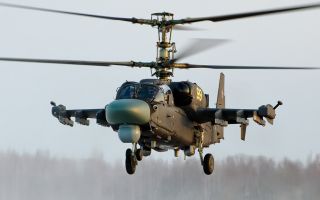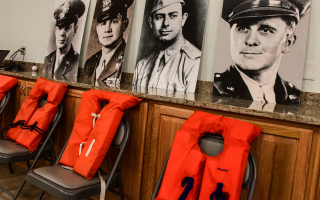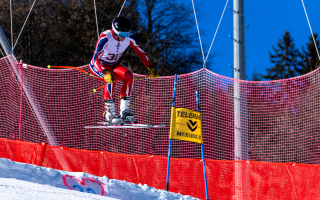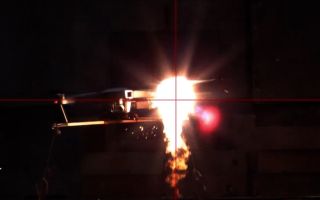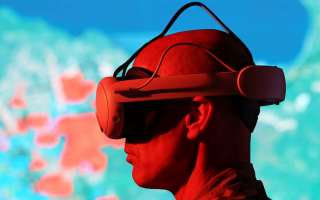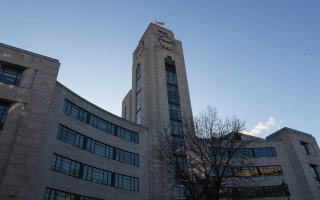Lifesavers to land sharks: UK troops showcase specialised skills on Ex Immediate Response
British troops have embarked on Exercise Immediate Response in Poland, showcasing a diverse range of specialised units in action.
The exercise involves 2,500 troops and 800 vehicles training to quickly reinforce Nato's eastern flank.
Alongside the armoured infantry battalions and tanks are other specialist units, from dog units employing canines known as 'land sharks', to medics providing expert dental surgeries in field tents.
- British troops train to reinforce Nato's eastern flank and avoid kamikaze drones
- In numbers: Who and what the UK is sending to Nato's biggest military exercise since Cold War
- How the British Army is training its recruits without the 'shouting and screaming'
The canine teams, featuring breeds like the Czech shepherd and Belgian Malinois, serve as invaluable assets in early detection and patrol duties.
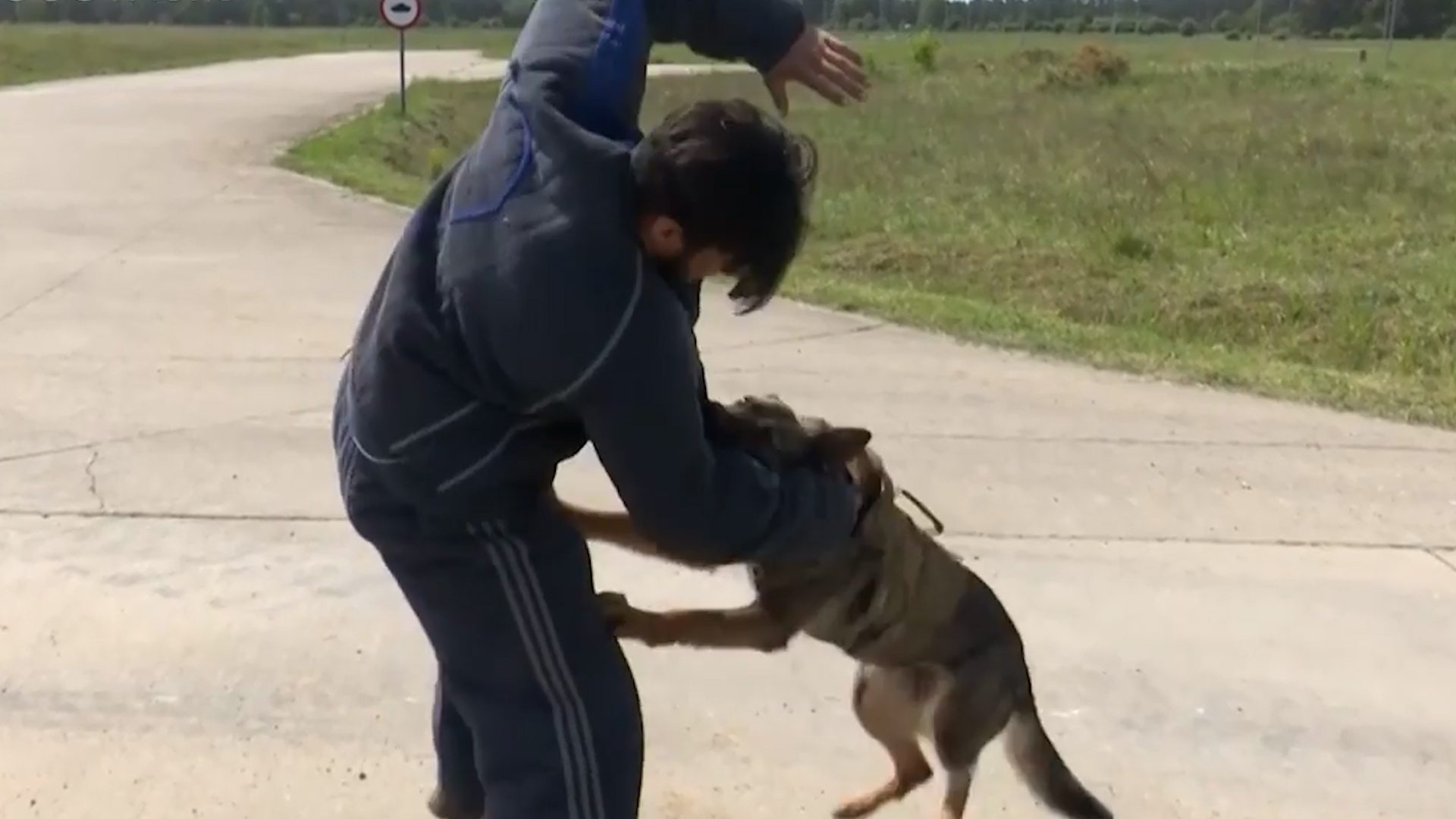
The British Army's 1st Military Working Dog Regiment has around 125 dogs – six are on Ex Immediate Response – with the Belgian Malinois particularly good at detecting improvised explosive devices.
At the more aggressive end of things are the Czech shepherd dogs, a breed known to the Army – for good reason – as 'land sharks'.
Also in Poland is a team of Army medics and a fully equipped medical reception station.
They're here providing care for the soldiers on exercise and can deal with everything from minor injuries right through to more serious accidents, and even specialised dental surgeries.
"We treated a lot of patients, generally low-level disease, non-battle injuries," said Major Louis Williams, 11 Squadron, Armoured Medical Regiment.
"The opportunity to ask the soldiers to treat patients in real life and deploy with a multinational force is a real opportunity," he emphasised.
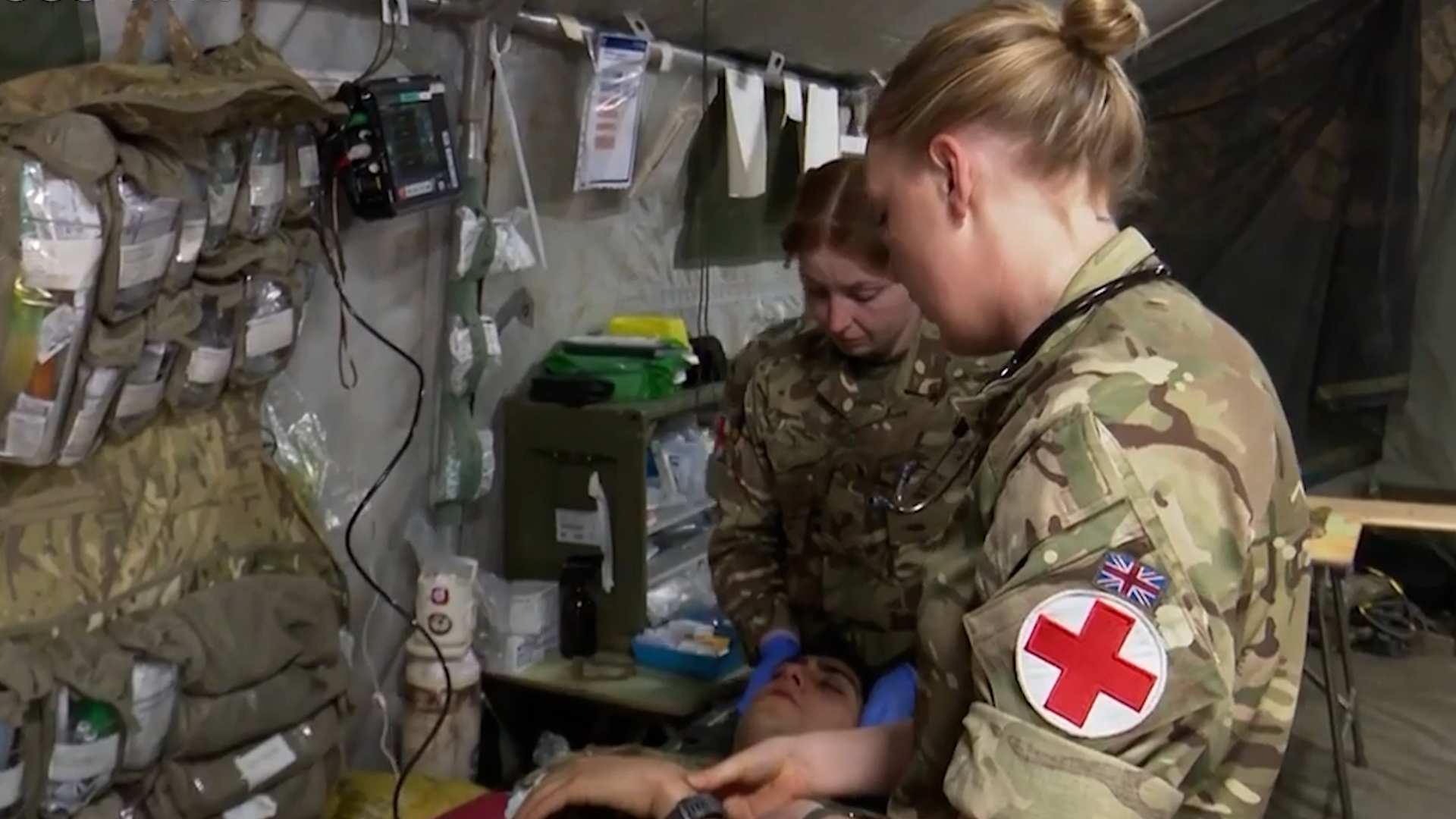
The medics are also trialling a new system of tele-medicine.
By using augmented reality headsets, military doctors and surgeons can advise more junior medics in real-time, potentially from thousands of miles away.
While the British Army's providing the hospital, it is US Army helicopters that are flying casualties in and out.
Chief Warrant Officer 3 Eric Allen, a US Black Hawk pilot, highlighted the importance of cross-training for efficient casualty evacuation procedures, saying: "Once the blades start spinning, things get really loud and the confusion sets in.
"So it allows these new soldiers, and even some older ones that have done it before, an opportunity to get some experience and learn from it."
For medics, as well as the dogs engaged in Immediate Response, the exercise serves as both rigorous training and a demonstration of readiness for frontline deployment.

